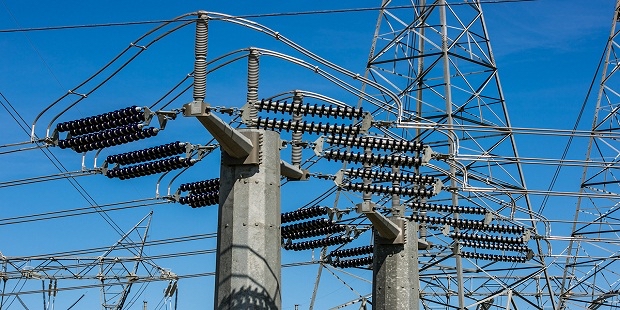Nigeria’s energy woes intensify as inadequate electricity supply, a faltering national grid, and costly fossil fuels plague the nation. With a booming population and economic growth, experts insist Nigeria requires fresh strategies for efficient energy management.
Advocates urge a shift toward decentralized energy with investments in microgrids and standalone renewable sources for homes and businesses. The International Renewable Energy Agency highlights Nigeria’s potential for solar, wind, and hybrid mini-grids to deliver reliable, cost-effective power, especially off-grid. The federal government aims to install 5 million solar home systems by 2030.
Boosting energy efficiency emerges as another key tactic. Numerous studies confirm that retrofitting buildings and modernizing appliances and industrial equipment could yield 20–30% in energy savings. Nigeria’s path forward should include establishing building efficiency codes, incentivizing energy service companies, and implementing smart metering for electricity.
For consumers, education is critical. Experts suggest community programs to promote energy-saving behaviors and technology. Trials reveal that smart meters, by detailing energy use, encourage consumers to reduce consumption significantly. Rolling out smart meters nationwide and educational campaigns could slash residential energy demand, reaching even the most remote areas.
However, funding for new energy technology is a stumbling block. Creative finance models like pay-as-you-go solar systems, crowdfunding for mini-grids, and lending for off-grid appliances show potential. To attract investments, the government must mitigate risks in clean energy ventures and foster innovative business practices.
According to a report by This Day Live, Nigeria stands at a crossroads. By combining decentralized renewable energy, heightened efficiency, and novel financing, it can stride toward universal, sustainable, and affordable electricity access. The moment for decisive action is now.



